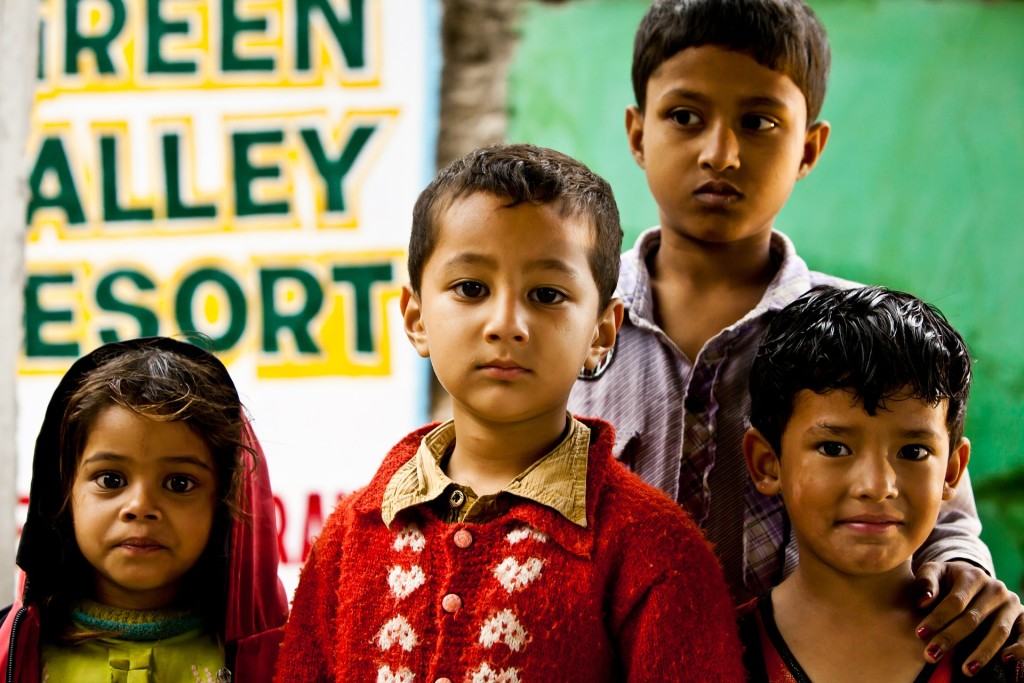Hindu nationalism threatens to stymie religious tolerance in India. Discrimination and violence against religious minorities – particularly Christians and Muslims – is undermining peace in the South Asian democracy.
In a fresh wave of violence, radical Hindu nationalists have perpetrated at least 30 incidents of violence against Christians so far this year, Fox News reported on March 14. These attacks targeted peaceful priests, pastors, and Christian worshipers.
“Since 2014 there has been a significant increase in attacks on Christians and Christian communities by radical Hindu forces in India,” Open Doors USA CEO David Curry told FoxNews.com. “The central government has refused to speak out against the atrocities – thus further encouraging radical Hindus to step up their discrimination against Christians.”
Hindutva, a radical nationalist ideology rooted in Hinduism which I’ve written about here, has motivated these violent outbursts by portraying Christianity and Islam as “foreign” worldviews. India’s ruling Bharatiya Janata Party (BJP), led by Prime Minister Narendra Modi, has fueled this extremist ideology. During his tenure from 2001 until 2014 as the chief minister of the state of Gujurat, Modi failed to stop Hindu radicals from killing or displacing thousands of Christians and Muslims.
Overt violence is not the only method used by Hindu nationalists to persecute religious minorities. Last week, Manil Suri, a novelist and math professor at the University of Maryland (UMD), published an op-ed on “The Segregation of India” in The New York Times. He reflected on how segregation against Muslims in particular has increased since he grew up in Mumbai during the 1960s and 1970s.
“Our flat was shared by four families: We were Hindu, the other three Muslim,” Suri wrote. His apartment building was a thorough mix of Hindus and Muslims. This arrangement remained relatively peaceful, despite a history of violence between Hindus and Muslims in India. “Our differing religions almost never caused friction.”
This didn’t mean everyone lived in “blissful harmony.” Suri said there were conflicts “over kitchen counter space, the limited water supply in the flat’s storage tanks, a common electricity bill, a shared doorbell.” Of course, conflict living in such confined quarters is almost inevitable within even the most homogeneous of groups.
Yet things are different now. Some neighborhoods “are acquiring the feel of religious ghettos” through explicit or implicit segregation. “The world I knew is gone,” Suri said, noting with alarm that “the inter-communal mix of my formative years has been lost.”
Both segregation and violence against religious minorities are occurring in the context of significant social upheaval in India. Beginning about 1,900 years ago, the caste system governed social relations throughout the country. This system began crumbling in the late nineteenth and early twentieth century, notably with political reformers like Mahatma Gandhi. Reservation, essentially India’s version of affirmative action, has produced resentment among the country’s upper classes as they watch jobs and other opportunities go to seemingly less qualified candidates. At the same time, the promise of economic growth has failed to alleviate drastic poverty in the lower classes.
This discontent has allowed “for the ascendance of caste-based politics and, ultimately, the more reactionary rise of religion in politics,” according to India expert Abigail Fradkin. Writing in the Summer 2015 issue of The Wilson Quarterly, she blamed this problem on early democratic reformers in India for failing to foresee the pitfalls of their political ideals.
Fradkin argued that Modi has taken advantage of this upheaval by revamping the caste system as a function of material wealth and by increasing government welfare to the poor. “Prime Minister Modi is the living embodiment of this troubling marriage of Hindu nationalism and capitalism, of traditional social hierarchy and modern materialism,” Fradkin said.
What’s clear is that India is undergoing a time of intense social change. Sadly, leaders like Modi have directed the resulting dissatisfaction against religious minorities for their own political gain.
While it may satiate the political appetite of the majority, voters will eventually realize that mob politics accomplishes nothing. The only question is what damage will be done in the interim. May God protect the Christians and other victims of violence in India.





Comment by Kp on March 22, 2016 at 12:06 pm
It’s not mahatma Gandhi who fought for lower castes in India..its actually Dr.Ambedkar who did it…
Comment by The_Physetor on April 3, 2016 at 9:40 am
Hinduism has a reputation for being tolerant of other religions – history proves otherwise.